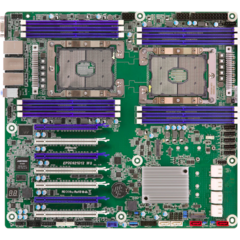Sharing Libraries and Files - Windows

in Networking
Not really sure why you need the hardware specs of my PC put it's on my profile
OS testing both 7 and 8.1
Which OS is hosting the shared drive? Or are you saying you're testing both?
Hardware specs are important for any discussion involving networking and file storage. It may not be important now, but better to have all the details up front.
-
Featured Topics
-
Topics
-
AcidVinyl ·
Posted in Graphics Cards2 -
Phantasmagoria ·
Posted in Cooling0 -
BotherRed ·
Posted in General Discussion3 -
0
-
0
-
0
-
GOATWD ·
Posted in Operating Systems8 -
Wubb ·
Posted in New Builds and Planning3 -
erico2304 ·
Posted in Troubleshooting1 -
aisle9 ·
Posted in Peripherals1
-


















Create an account or sign in to comment
You need to be a member in order to leave a comment
Create an account
Sign up for a new account in our community. It's easy!
Register a new accountSign in
Already have an account? Sign in here.
Sign In Now